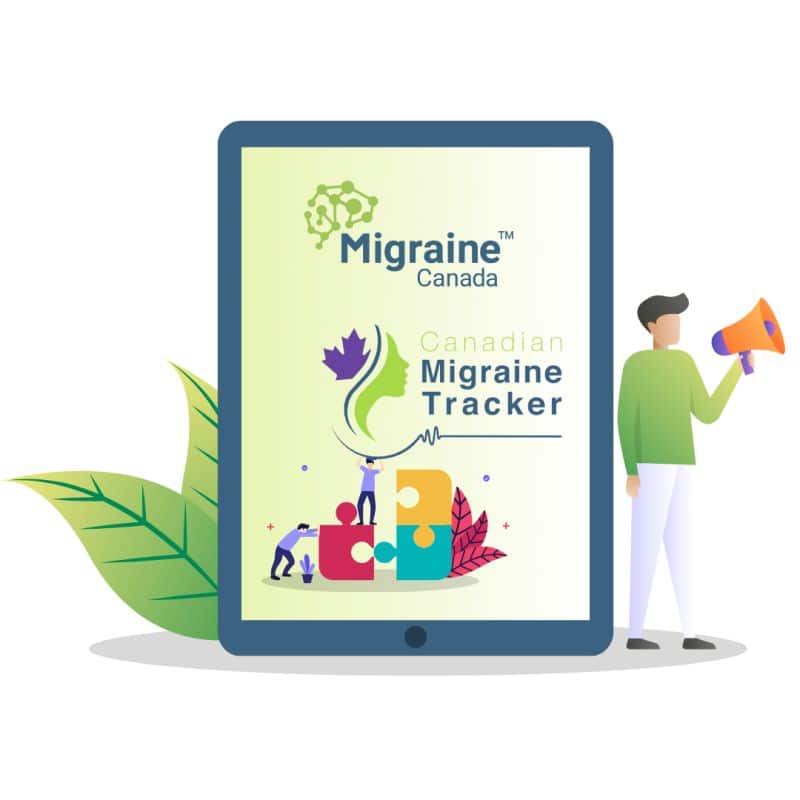When you live with migraine, it’s not just about the pain. For Emily Waldman, migraine means blinding attacks, overwhelming fatigue, nausea, dizziness, and a constant sense of anxiety. It’s not just about symptoms, but about when the next attack will strike. “I spend my days walking on eggshells,” she shares. “Even the most innocuous things can trigger an episode that leaves me bedbound.”
Migraine isn’t just physical. It’s emotional too. Emily describes it as isolating and invisible, a condition that leaves you grieving the life you used to have. “No one told me that living with migraine would feel so much like grief. It took so much from me: my independence, my sense of self, my dreams.”
The stigma, she says, only adds to the burden. “People often think migraine is ‘just a headache.’ They don’t understand why we cancel plans, take time off, or need a dark, quiet room. But migraine is a neurological disease that can affect nearly every part of your body.”
Despite the losses, Emily has found moments of strength through the compassion of others. A friend once spent hours researching migraine just to better understand her experience. “That meant the world to me,” she says. “It reminded me I was worth accommodating, worth supporting.”
When asked what she’d say to someone newly diagnosed, Emily is clear: “You are not alone. It’s hard, I won’t pretend otherwise, but there are reasons to be hopeful. New medications, small lifestyle changes, and community support can make a real difference. Five years ago, I never thought I’d go to school again. Now, I’m studying social work.”
Migraine Canada, she adds, has played an important role in that journey. “I’ve used their webinars to guide treatment discussions. Their specialist directory helped me find a new neurologist. It’s empowering to have a Canadian resource focused on our needs, a place where you feel seen.”
Emily’s story reminds us that behind every statistic is a life impacted and a voice worth hearing.


